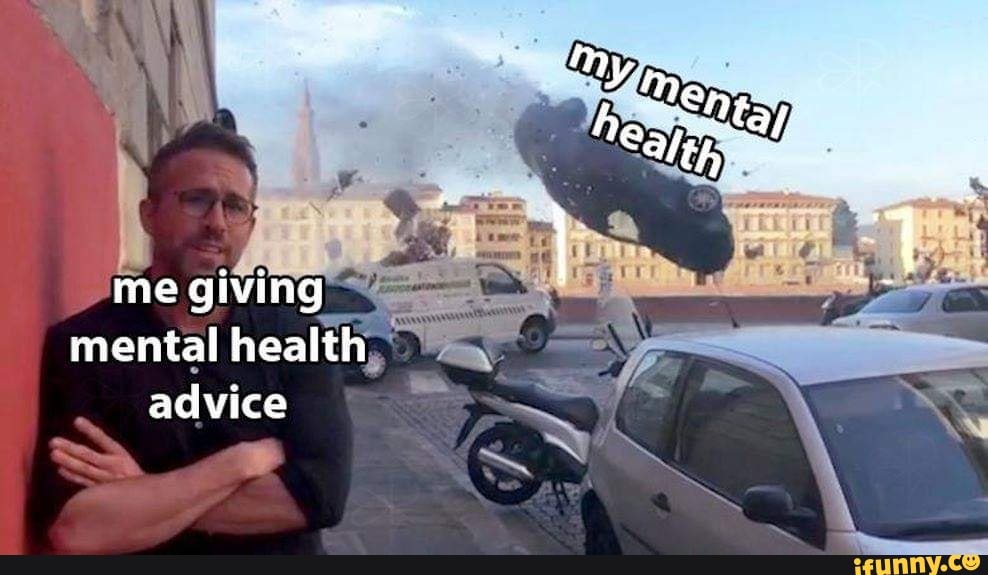Mental Health Memes – Funny Or Informational?
Mental health memes are gaining popularity among the public as social media has increased scrutiny and attention toward mental health problems. Whether they are humorous or troubling, these images are a reflection of how people process their own symptoms. Moreover, these images can help people with their issues find therapy and seek help.
Informational mental health memes
Mental health memes are a popular way to communicate with others. They make serious topics seem more approachable and less threatening. They can help individuals deal with mental illness and process trauma. Various types of mental health memes are popular on social media, such as Instagram and Facebook. Some of these memes are funny or informational.
Memes can help people share their experiences with depression. They can help people cope with feelings of depression and anxiety. These images can illustrate how people with depression and anxiety are feeling, and can help them feel less alone. This may be the first step in a more open conversation about mental health.
Jokes
A study has shown that memes that promote mental health can improve people’s moods. This shows that the use of these types of memes can help people suffering from depression and other mental health issues. Mental health is serious business, and struggles with it can affect physical health. Thankfully, there are a variety of ways to use memes to help you cope with your own mental health.
Memes have the potential to help reduce stigma about mental health. They can provide a much-needed dose of laughter and normalization for those suffering from mental illness. In addition, they can build a sense of community among those who deal with mental health issues. Mental health professionals like Carolyn MacMillan have found that sharing funny mental health memes with clients can help them understand the topic.
Informational
Mental health memes can be a helpful way to spread important information and provide a healthy dose of humor. While sharing personal experiences about mental illness can be uncomfortable, memes can help break down the barriers that prevent people from discussing it. By illustrating the impact of mental health on daily life, memes can help people connect with others and begin conversations about mental health.
Some studies have demonstrated that memes related to the Pandemic of Covid-19 can be helpful for people with anxiety and psychiatric disorders. These memes may facilitate cognitive reappraisal, which alters the emotional impact of a negative experience. By making fun of a negative experience, individuals can develop a more positive outlook on it. This effect is estimated to approach statistical significance in some studies and is not affected by expressive suppression.
PTSD
Memes can be used to help people process trauma and painful emotions. This type of therapy is also considered a form of exposure therapy. It allows creators to speak from a personal point of view, rather than a professional one. The benefits of memes for PTSD include reducing isolation and helping people confront difficult issues.
It is important to note, however, that memes are only a part of a larger conversation. As with any other topic, there is a right and a wrong way to use them. While it may be easier to use a positive meme, a negative one could be just as damaging.
Anxiety
You may not realize it, but humor therapy can be a great way to treat anxiety. It can be incorporated into official therapy sessions, or done in the privacy of your own home. Laughter is a healthy emotion and contributes to the immune system, which means it can help combat the symptoms of anxiety. Besides, memes are a fun and humorous way to address your anxiety.
People who suffer from anxiety typically overthink situations. They worry about their next move and always think of the things they haven’t done in the past. It’s important to remember that anxiety will pass with time.
